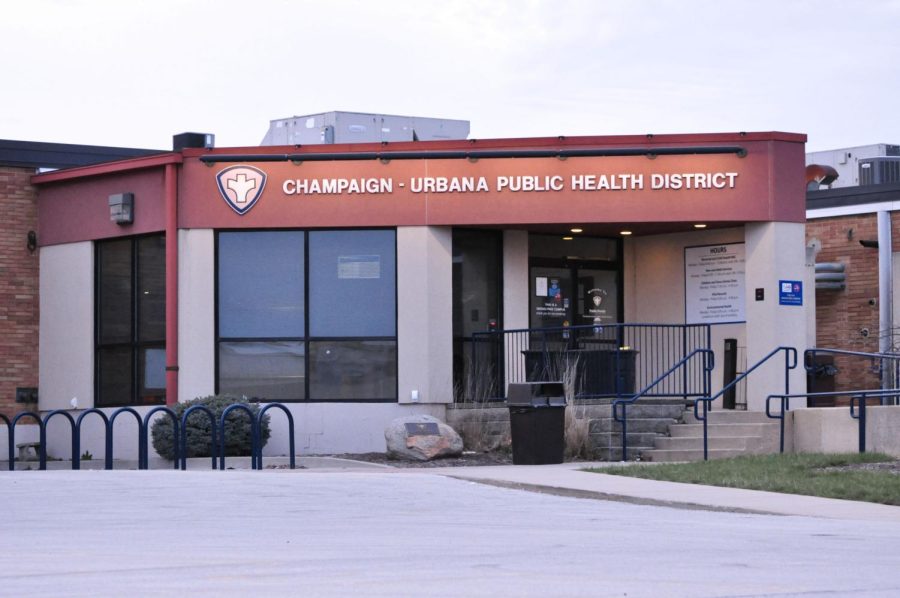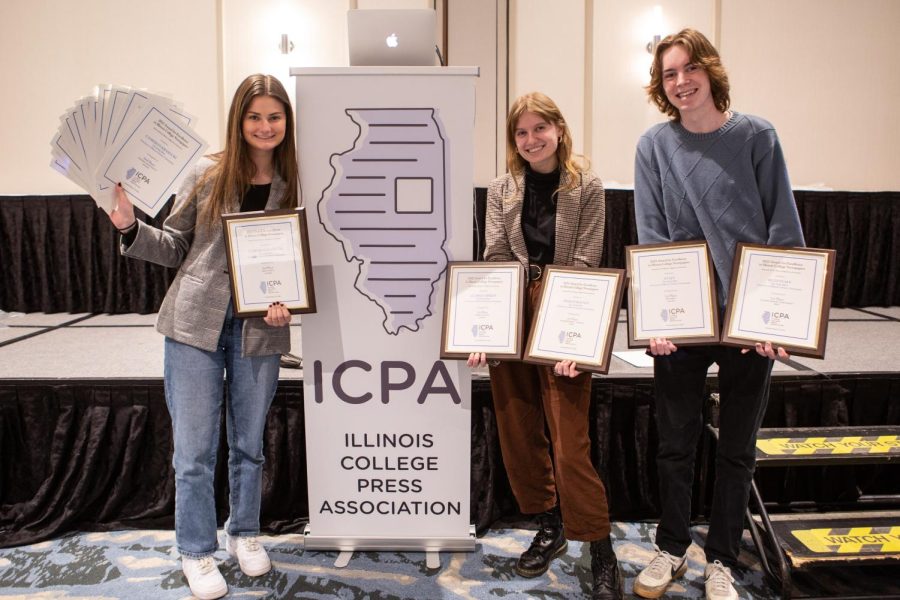Ever wonder what’s in your drinking water?
University of Illinois geneticist Michael Plewa found that chemicals used in both drinking water and water in pools for disinfection may be harmful.
The research shows that these chemicals react with the organic materials in the water that create toxic by-products.
What is it?
All well water has organic material-like pesticides, drugs or dead leaves in it, Plewa said.
Get The Daily Illini in your inbox!
When a disinfectant like chlorine is used to purify the water, it reacts with the organic material and creates disinfection byproducts in the water.
“This is an unintended consequence of disinfection of water,” he added.
What happens if my water has toxic by-products?
Water that contains disinfection byproducts can cause several problems, Plewa said.
“Some of these disinfection by-products can create a genotoxic agent, which can damage the DNA and that can lead to cancer,” he said.
Plewa added that these byproducts can also cause birth defects.
Is the water that I am drinking harmful for me?
Surface water is more harmful and has a higher risk of having toxic byproducts than the underground water, said Misganaw Demissie, director of the Illinois State Water Survey.
“Champaign is supplied with underground water, which is safe because it does not have a lot of chlorine or other byproducts in it,” Demissie said.
How can I ensure that my water is safe?
Demissie said there are a number of commercially available purifiers that can be used to ensure that drinking water is safe.
“Bottled water is not the way to go because the bottles are made of plastic, which uses petroleum,” Plewa said.
The easiest and least expensive way to have purified water is by using a Brita water filter, he added.









